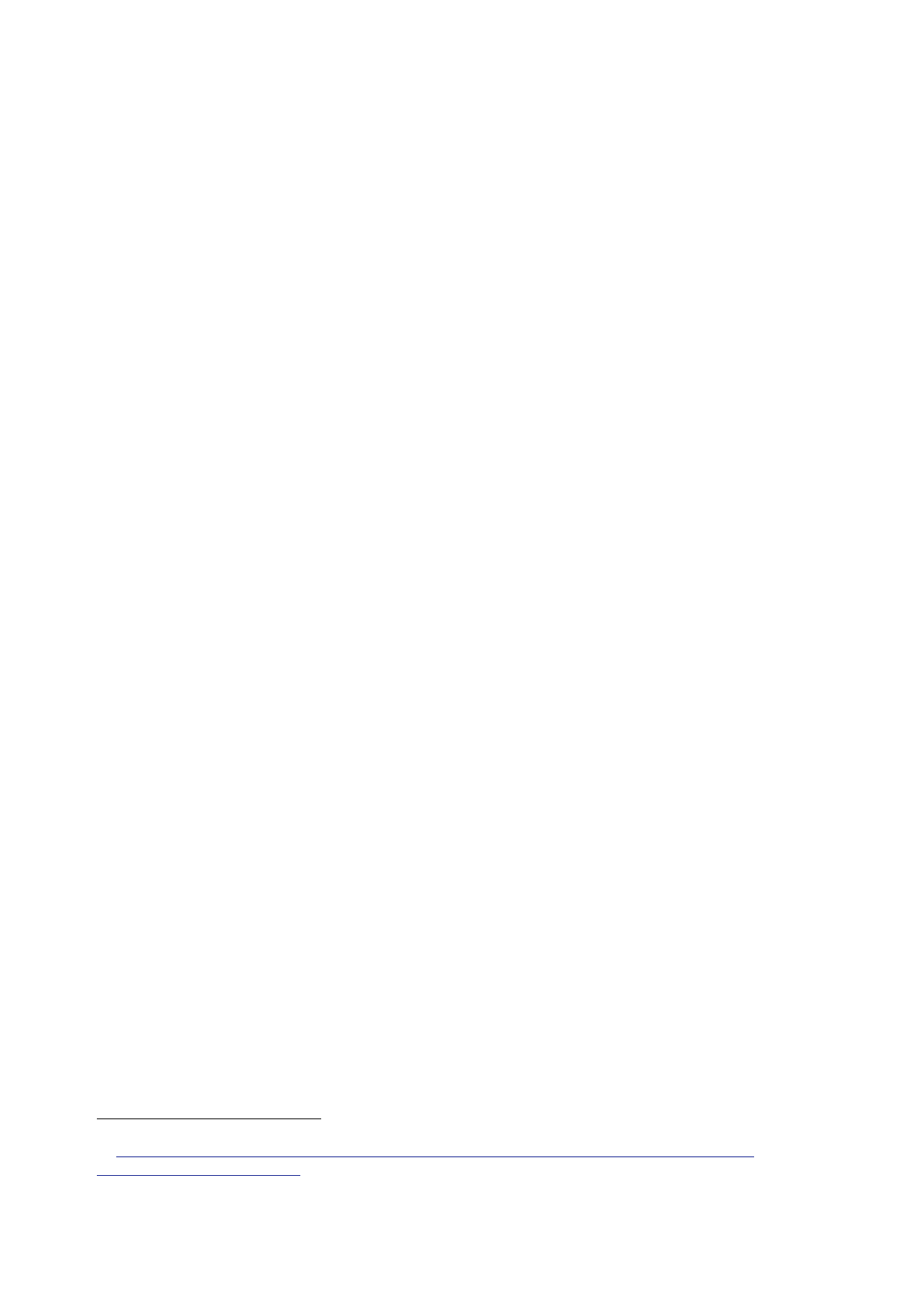
The Report
of the Iraq Inquiry
•
The
inspectors should have “the time that is necessary for their
mission
to succeed”.
The Council should meet again at Ministerial level, on 14
March,
to “assess
the situation”.
•
The use of
force was “not justified at this time” and “premature recourse to
the
military
option would be fraught with risks”. It would call the unity of the
Council
into
question, and that would: “… remove its legitimacy and, in the long
run, its
effectiveness.
Such intervention could have incalculable consequences for
the
stability
of a scared and fragile region. It would compound the sense of
injustice,
would
aggravate tensions and would risk paving the way for other
conflicts.”
•
The
priority was fighting terrorism. France had no intelligence of the
links
between Al
Qaida and the Baghdad regime alleged by Secretary
Powell
on
5 February. Military action would exacerbate the divisions
that nurtured
terrorism.
•
France did
not exclude recourse to force if the inspectors reported that
it
was
“impossible for inspections to continue”. In that case, the
“Council would
have to
take a decision, and its members would have to shoulder all of
their
responsibilities”.
389.
Sir Jeremy
Greenstock commented that Mr de Villepin’s “impassioned
plea
for continued
inspections” had won “unprecedented applause from the
gallery”.106
390.
Mrs Alvear
called for the inspections process to be continued and
enhanced.
391.
Chile was
dismayed by the divisions in the Council and called for a
return
to co-operation
and unity to achieve Iraq’s disarmament.
392.
Mrs Alvear
stated that indications of progress raised “some hopes for a
decisive
change of
attitude” from Iraq towards the demands of the international
community, but
other
attitudes revealed “an intention not to co-operate” and gave rise
to “suspicions
about the
presence of weapons of mass destruction”.107
Iraq was
not fully implementing
the
resolutions and pressure on Saddam Hussein’s regime had to be
maintained
“relentlessly
and without relaxation”.
393.
Chile believed
that the “inspections process must be continued, strengthened
and
expanded to
make it accurate, intrusive and capable of thwarting any effort at
deception
or
evasion”.
394.
The Security
Council had a “key role” and Chile had “noted with dismay over
the
past month
a growing division within the Council”. While that was “rooted in
positions”
that were
“legitimately different”, it had been “fuelled by a lack of
willingness to listen and
to
propose”. Chile wished to contribute to a “return to the path of
debate and to a method
106
Telegram
265 UKMIS New York to FCO London, 15 February 2003, ‘Iraq: Blix and
ElBaradei
Presentations:
Open Debate’.
107
UN Security
Council, ‘4707th Meeting Friday 14 February 2003’
(S/PV.4707).
250
